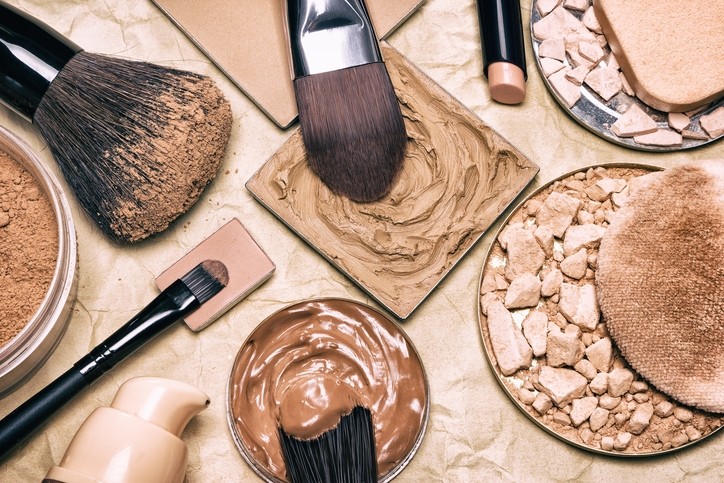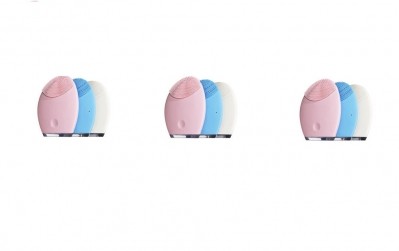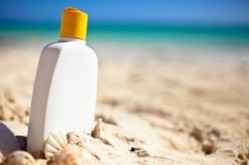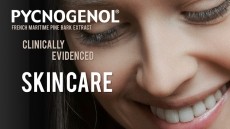Cosmetics in China: regulatory updates by COSMED

The following guest article is from Marie Magnan, Regulatory Affairs with Cosmed.
Early in the year 2018, the institutional reorganization launched by the State Council of China replaced the former CFDA (China Food and Drug Administration) by the NMPA (National Medical Product Administration), with a broader scope of actions: safety supervision, quality inspection, registration, certification...
Since then, many projects concerning cosmetics have been reactivated and new texts submitted for consultation. Cosmed here reviews the latest developments.
E-commerce: controls increased
E-commerce in China is a booming sector, showing no sign of slowing down. It also has the advantage of exporting cosmetic products to China without going through the registration or filling procedure.
However, since January 2019, a new multi-sectoral law on e-commerce is applicable. Now, the e-commerce operator bears responsibility in case of health issue due to cosmetics sold online.
Besides, many rules are implemented in relation to honesty of advertising, claims, payments, data protection.
At the end of April 2019, in line with this law, the NMPA announced inspection campaigns on e-commerce websites.
Its aim is to put pressure on e-commerce operators but also to increase consumers' awareness of the potential dangers of cosmetics purchased online.
The main areas of control are prohibited substances, counterfeits cosmetics, prohibited claims and cosmetics that have already been subject to negative controls.
Publication of a new draft regulation
The main text of cosmetic regulation in China is named "Hygiene Supervision over cosmetics" and dates back to 1989. Since 2013, the authorities had announced their intention to revise this text, which has become obsolete.
Several projects have already been proposed (in 2014 and 2015) and more recently in December 2018, China submitted a new draft text for consultation.
The future Cosmetic Supervision and Administrative Regulation (CSAR) was expected in 2019 but its forthcoming publication is now questioned.
Indeed, in March 2019, the State Council issued a multi-sectoral decree amending the current regulation "Hygiene Supervision over cosmetics" to ensure its compliance with recent regulatory changes (notification for general cosmetics, Hygiene License, etc).
Draft Amendment to the Technical and Safety Standard for Cosmetics (TSSC)
In September 2018, a draft amendment of the TSSC, text that lists regulated substances in China, has been published.
The proposed amendment suggested the addition of 3 restricted substances, as well as the alignment to European regulation for MIT in rinsed-off products: the maximum percentage proposed is 0.0015%.
UV filters in non-sunscreen products would be limited to 0.5% as the Chinese authorities consider that BB and CC creams should be registered as sunscreens.
Meanwhile, in May 2019, the National Institute of Food and Drugs Standards (NIFDC), a sub-division responsible for testing methods, launched a call for industry, research institutes and local authorities.
They are invited to propose updates to the lists of substances or test methods in the TSSC.
Steps towards animal protection
In March 2019, the NMPA published new test methods and annexed them to the Technical and Safety Standard for Cosmetics.
Among these methods, four are alternative methods to animal testing, based on OECD protocols: Short Time Exposure In Vitro Test Method (STE), Skin Sensitization: Local Lymph Node Assay: DA, Local Lymph Node Assay: BrdU-ELISA, Direct Peptide Reactivity Assay.
They may be used for the registration and evaluation of cosmetic ingredients, but not yet for the evaluation of cosmetic products. However, with these publications, China gets closer to the ban of animal testing in cosmetics.
Launch of a government application
On May 20, 2019, the NMPA announced the launch of a new mobile application called “Cosmetics Supervision”. In 2 days, the app has been downloaded 350 000 times.
This app is linked to the NMPA database and the consumer can scan the barcode or search the product by name and brand to access to information: if the cosmetic is registered or filed by the NMPA, to know its country of production, its manufacturer and who is the responsible person.
Through this app, consumers can also report anonymously suspected illegal or counterfeit cosmetics.
However, if the product entered china through e-commerce channel, it is not registered or filed by the NMPA and cannot be found on the database.
By launching this app and using technology to help supervision, the NMPA hopes that industry will increase its self-discipline and that consumers will become more aware of cosmetic safety.
Difficult to predict
As a conclusion, it can be very difficult to predict regulatory developments in China. Changes can be decided suddenly, with no transition period, or the texts remain as drafts for many years.
Until the end of 2019, a close monitoring of this country should be conducted, as the Chinese authorities appear determined to update regulations, and to greatly increase post-market surveillance.
Cosmed Regulatory Monitoring is a tool that helps you to be informed of cosmetic regulation in Europe and abroad, thanks to an extensive database, real-time alerts and tailor-made assistance. More information here.










![Chinese study highlights mental health challenges in atopic dermatitis, emphasising holistic patient care. [Getty Images]](https://www.cosmeticsdesign-europe.com/var/wrbm_gb_food_pharma/storage/images/_aliases/wrbm_tiny/publications/cosmetics/cosmeticsdesign-asia.com/headlines/formulation-science/chinese-research-linking-atopic-dermatitis-to-mental-health-underscores-need-for-holistic-care/17040623-1-eng-GB/Chinese-research-linking-atopic-dermatitis-to-mental-health-underscores-need-for-holistic-care.jpg)








